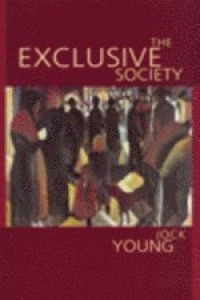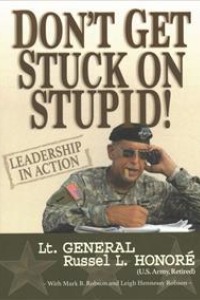
Liknande böcker
Crime in context : a critical criminology of market societies
Bok av Ian Taylor
At the end of the twentieth century, the bookstores are full of books on crime, though this title will certainly not find a place on the same shelves. In the massive Waterstones bookstore in the city of Manchester, England, where I lived through most of the 1990s, the ground floor display area was rearranged in 1995 so as to accommodate, right at the front of the store, several hundred new titles, on topics like Serial Murderers and Sexual Crimes of the Twentieth Century.l Several of these new books are companion volumes to movies on release in the city's cinemas or, in some instances, are simply the original text on which the movies are based. The movies in question - Shallow Grave, Silence of the Lambs, Reservoir Dogs, Natural Born Killers and others - focus heavily on interpersonal violence and murder and also place great emphasis in the manner of many earlier cinematic genres - on the idea of the 'criminal mind' (not least, as a way of dramatizing the detection of the originating criminal act) but also - to a significant extent, these are movies which emphasize the idea and contemporary social presence of evil. Similar moral and psychologistic preoccupations are now also widely apparent on primetime television - most notably, in Britain, in the extraordinarily powerful Cracker series, produced by Granada Television in 1994 and 1995, watched by over 15 million people, and featuring, inter alia, the forensic investigation' of serial and sexual murders, some of them extremely graphically displayed (Crace 1994).2 The prominence of 'Gothic' themes in movies about violent death is not new in itself: there is a long history of interest in the cinema in horror and, indeed, in 'transgression' and evil. What may be definitive about the present genre of movies as well as the range of fictional and non-fictional titles in the bookstores about crime is the overwhelming focus on murder and killing represented in very contemporary and mundane, ordinary and, indeed, 'respectable' settings, and the powerful suggestion that these movies are a representation of the risks and dangers involved in everyday life at the end of the twentieth century. The bookstore display in Waterstones is straightforwardly called the 'Real Crimes' section.







